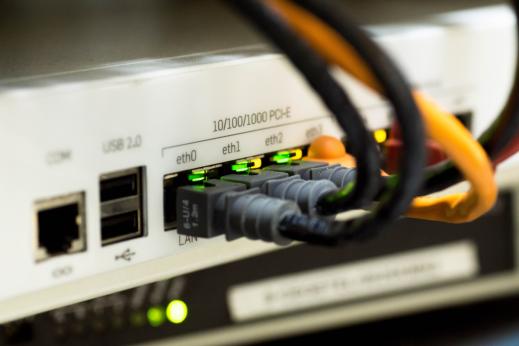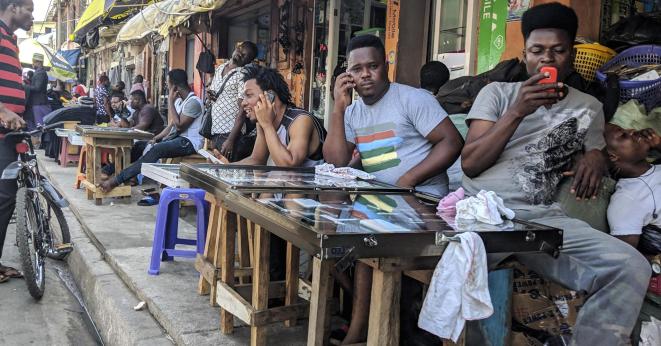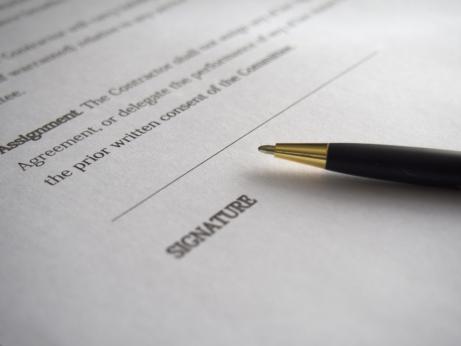Participar en la Escuela de Gobernanza de Internet de Africa (AfriSIG, por su sigla en inglés) significó para mí varios descubrimientos: que existiera una institución que durante siete años estuviera enseñando de manera organizada este tema complejo, fue la primera lección.
Lo que conocía de gobernanza de internet se debía a la asistencia a varios foros globales, regionales y nacionales sobre el tema. Contar con la posibilidad de aprender los muchos temas de una manera ordenada y coherente le da mucho más sentido a aprovechar aún más estos foros en los que las… Read more








